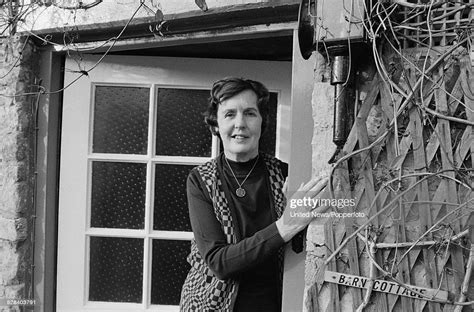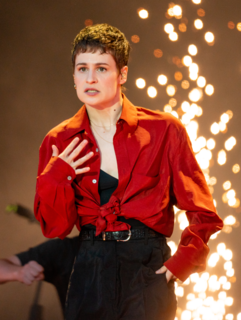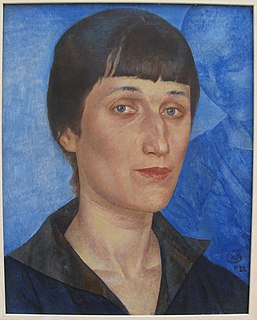A Quote by Dawn Richard
I started to write my own stories, like small novels, and those novels became poems, and after poems, they became lyrics, and song came from that.
Related Quotes
I know I'll keep writing poems. That's the constant. I don't know about novels. They're hard. It takes so much concentrated effort. When I'm writing a novel it's pretty much all I can do. I get bored. It takes months. Movies do the same thing. It's all-encompassing. It feels like I'm going to end up writing poems, short stories and screenplays.




































